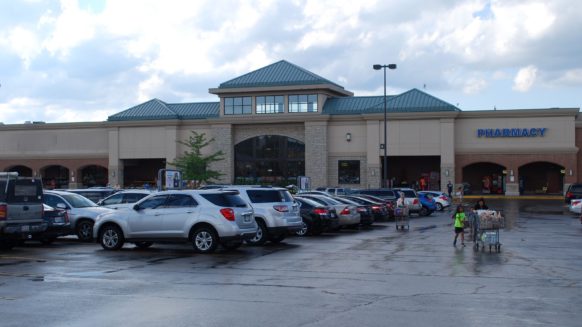Current Law
In 2009, American Multi-Cinema, Inc. et al. v. Brown et al., the Supreme Court reaffirmed Robinson. Taking note of Robinson’s admonition that “routine” issues of premises liability are not subject to summary adjudication unless plain, palpable, and undisputed evidenced shows otherwise,” the Court affirmed the lower court’s finding that the trial court erred in granting summary judgment to the defendant. 285 Ga. 442, 445, 448.
The decision whether to recognize the [invitees] theory of recovery as valid under Georgia premises liability law is precisely the type of legal policy judgment we instructed in Robinson must be left to a jury to decide in light of all the attendant circumstances. It is one of the ‘routine’ issues of premises liability—’the negligence of the defendant’—that is “generally not susceptible of summary adjudication” unless the “plain, palpable, and undisputed” evidence requires otherwise. (citations omitted). At 446.
A hazard has been defined as “[a] danger or risk lurking in a situation which by chance or fortuity develops into an active agency of harm.” Gresham v. Bell’s Food Mkt, 244 Ga. App. 240, 241 (2000) (quoting Black’s Law Dictionary). Either actual or constructive knowledge of the hazard by a defendant will satisfy the first prong. Robinson, at 748. Here, there is both. Defendant admits traversing the stairway, including on the date in question. Defendant therefore has actual knowledge of the alleged hazard.
In analyzing an injured party’s knowledge of a hazard, “Robinson reminded all courts that the plaintiff’s lack of ordinary care for personal safety is generally not susceptible of summary adjudication and that only when the evidence is plain, palpable, and undisputed is summary judgment authorized.” Mac Intern.-Savannah Hotel, Inc. v. Hallman, 265 Ga. App. 727 (2004) (referencing Robinson at 748).
This quick three-part series on Georgia slip and fall law is just the tip of the iceberg. Please call us to discuss your specific situation.





